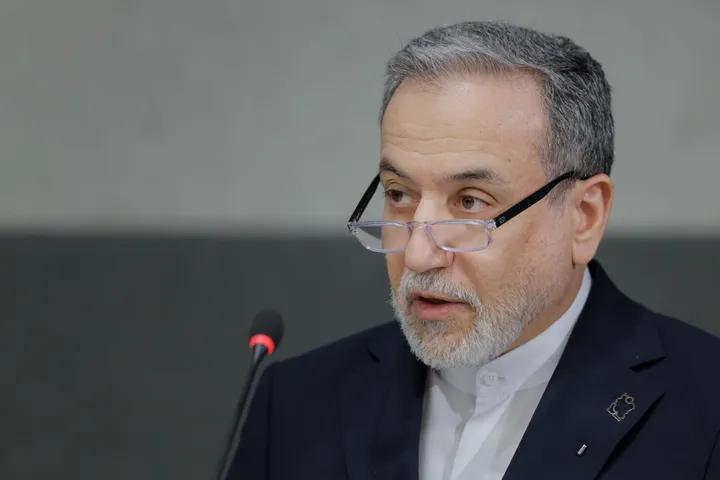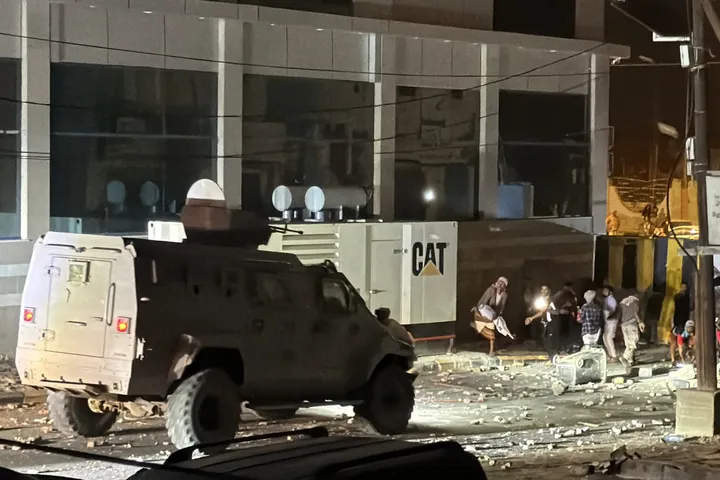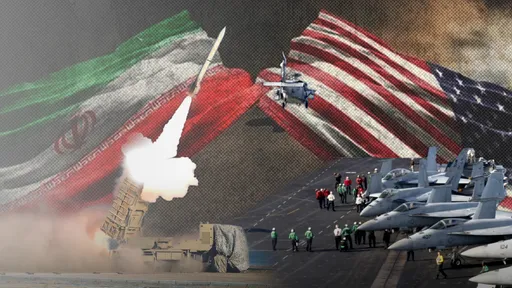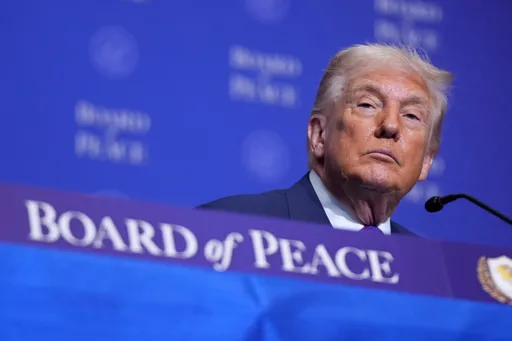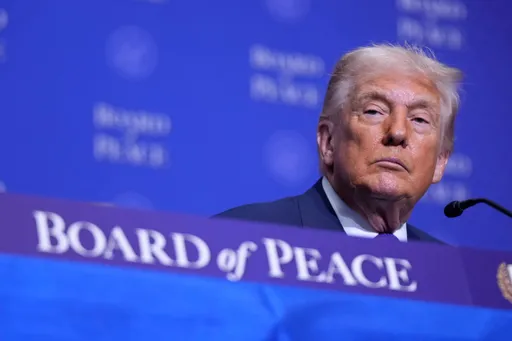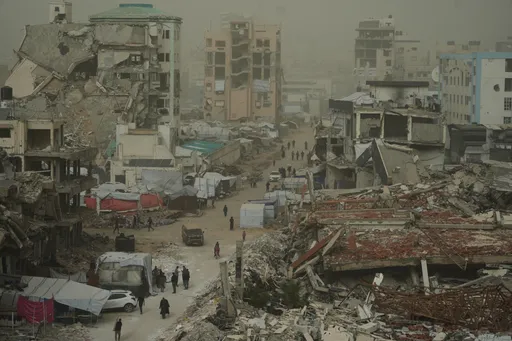With the fall of Kabul to the Taliban, its tremors were felt far away in Bangladesh, too, where fears of a militant resurgence are now looming large.
The Bangladeshi government has been closely monitoring social media content and they have already issued statements saying some Bangladeshis were trying to reach Afghanistan just before the fall of Kabul, paying heed to the call of the Taliban to “join them in the war.”
The banned extremist Muslim outfits who despite being dealt with a heavy-handed approach by the country’s government have been maintaining a sleepy presence across the nation for the past few years.
Their shadowy presence came to the fore on Bangladesh’s social media on August 15, when the Taliban entered Kabul. Social media posts sympathetic toward the Taliban flooded Twitter and Facebook, with users describing the Taliban takeover as a “victory of Islam,” making calls to fellow extremist Muslims to join the insurgent group for “nation-building under Shariah Law” and for “fighting the infidel.”
“Some of our people have already left Bangladesh to join the Taliban. We are told some of them were detained in India while some were trying to reach Afghanistan in different ways,” Dhaka Police Commissioner Shafiqul Islam told the media last week.
Islam informed that some of those Bangladeshis, who left for Afghanistan, had been caught from the Indian border, adding that the Bangladeshi police forces are on high alert to thwart any further human movement towards Afghanistan.
Some of the Indian newspapers meanwhile have also reported that the country's border security forces BSF have been ordered to stay alert along the India-Bangladesh border as some radical Bangladeshi youth might attempt to sneak into India to make their way to join the Taliban in Afghanistan.
Militants trying to re-group
Earlier in May this year, the Counter-Terrorism and Transnational Crime (CTTC) unit of Dhaka Metropolitan Police had arrested at least four suspected extremists who wanted to travel to Afghanistan via India and Pakistan to join the Taliban.
Md Asaduzzaman, chief of CTTC told TRT World that those four arrested people were a part of a group of 10 people and they used to maintain a closed messenger group under the name “Science Project.”
“At least two of the members of the group have already reached Afghanistan to join the Taliban,” said Asaduzzaman. Since the Taliban has taken over control of Afghanistan, he said the government fears that many more Bangladeshis might leave to join them.
The CTTC chief said they have intelligence reports of brainswashed radicals in Bangladesh trying to “reactivate their outfits,” which were heavily crippled after crackdowns following the 2016 Holey Artisan terror attack in Dhaka.
He said they are also trying to detail profiles of Bangladeshi radicals who may have fought alongside the Taliban and may now return home. A similar trend was observed in the 1990s, when the Taliban emerged as an invincible force to lead the country in the years following the end of the Soviet occupation.
Islamic fundamentalists who had travelled from Bangladesh to Afghanistan in the mid-1980s and early 1990s to fight alongside Afghans against the then-Soviet Union later returned home and formed militant groups including Harkat-ul Jihad al-Islami (HuJIB) and Jama'atul Mujahideen Bangladesh (JMB).
A slogan coined by the returnees and used in the street demonstrations then—“Amra shobai hobo Taliban, Bangla hobe Afghanistan (we will all join Taliban, Bangladesh will turn into Afghanistan) still reminds of the precarious situation of the 80s and 90s in Bangladesh.
There is no official record of those who travelled to Afghanistan to join the Taliban but an investigative book titled “Islamist Militancy in Bangladesh: A Complex Web” written by Dr Ali Riaz of the Illinois State University of the US mentions that some 3,000 Bangladeshis fought in the Afghan-Soviet war.
Upon their return to Bangladesh and the formation of those fundamentalist groups, they tried to destabilize the situation in Bangladesh by carrying out a number of terror attacks. The HuJI-B and the JMB have killed more than 100 people, including politicians, academics and people of different faiths, over the past decades.
Under extraordinary circumstances on August 17, 2005, the JMB almost simultaneously detonated 500 bombs in 63 of Bangladesh’s 64 districts, killing three people and wounding more than 100. The group had long been aiming to establish a Taliban-style government in Bangladesh by force.
But Bangladeshi Prime Minister Sheikh Hasina, in power since 2009, has been ruling with a policy of “zero tolerance towards terror”, particularly after the 2016 terror attack in Holey Artisan Restaurant in Dhaka which left 23, including 18 foreigners, dead.
The Hasina-led government since has been controlling the extremist ecosystem with some tough policing and harsh crackdowns, banning almost all radical outfits including the HuJI-B and JMB. Her heavy-handed approach towards controlling terrorism has often triggered criticism by both local and international human rights bodies.
Concerns not unfounded
Speaking with TRT World, Dr Saimum Parvez, a researcher of the Center for International Security Studies of the University of Sydney said, the major Bangladeshi terrorist organizations, the HuJIB and JMB, were all established by the Afghan war veterans.
“Bangladeshi terrorists, particularly the affiliates and supporters of AQIS, have been keeping close contact with the Afghan sections of the transnational terrorist outfit. There is evidence that several Bangladeshis also traveled to Afghanistan, participated in attacks, and were even killed in the battles,” said Parvez who has conducted extensive research work on radical armed outfits of Bangladesh.
However, he said, “We should also remember that Afghanistan returnees also joined mainstream politics in Bangladesh. In 2006, Hasina led—Awami League—[the then opposition party] signed an MOU with Khilafat Majlish (KM). Several leaders of KM were Afghan returnees and proponents of strict Islamic laws like the Taliban”.
Parvez said the Taliban has a huge number of sympathizers in Bangladesh but it would be very naive to label all of them as “militants or even Islamists.”
“Most Bangladeshi social media reactions are more influenced by their disappointment towards US actions than sympathy toward the Taliban. However, the social media outburst also demonstrates that religion came back to the center of Bangladeshi society, thanks to the incumbent government's strategy to gain political legitimacy by condoning Islamization,” said Parvez.
Dr Ali Riaz, Distinguished Professor of politics and government of Illinois State University told TRT World that the euphoric reactions of a large number of Bangladeshis on the Taliban takeover of Kabul are not limited to the Muslim extremists as they see Taliban victory as the vindication of their ideology, but also of others who are delighted to see the defeat of the United States.
“Many while blaming the United States are unwittingly rationalizing the Taliban position. These reactions demonstrate the extent of the acceptability of radical ideology and violent extremism in the country. This is disconcerting,” said Riaz.
The Taliban ideology, he said, had attracted Bangladeshis for quite some time and various violent extremist organizations have adopted their creed.
“The victory of Taliban is bound to energize those who are followers of their idea, but it is unlikely that as of now many Bangladeshis will travel to join them in Afghanistan. It is necessary to be vigilant but there is no reason to have knee-jerk reactions or use it as an excuse to adopt harsh measures against the critics of the government,” Riaz opined.


